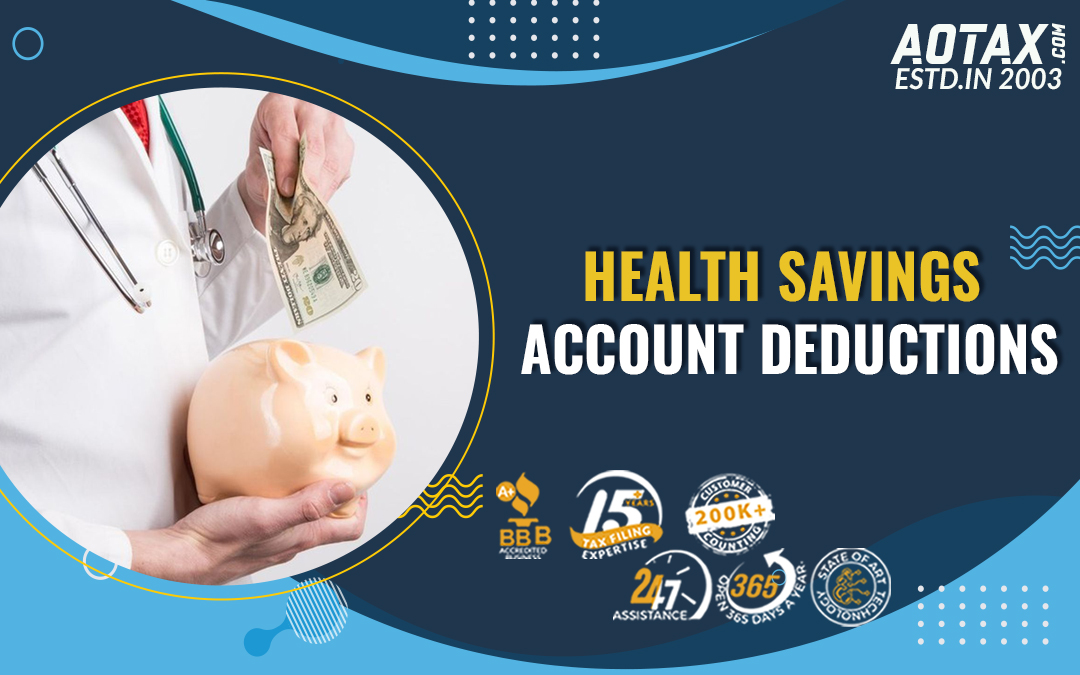Is Bookkeeping Important to my Business?
Bookkeeping is comprised of two words “Book” and Keeping” where “Book” means the collection of records and “keeping” is their maintenance. In this sense, Bookkeeping is an activity or process of collections, retention and maintenance of financial records of a business.
This activity of maintaining accurate records cannot be overemphasized.
Bookkeeping is as important as maintaining your business, as this helps us in maintaining regulatory compliance with local governmental bodies and filing an accurate income tax return at the end of every tax period or financial year on time.
This process involves in the formulation of an accurate and appropriate accounting system, which involves recording daily business transactions, and keeping the relevant bill/receipts to substantiate all incomes reported and expenses claimed.
All transactions should be recorded on regular intervals, whether a sale was made, or expense was incurred and paid as it is related to business. Documents such as bills, invoices, bank statements, cheque stubs just to name a few, should be kept as evidence that our records are in fact accurate.
Generally, the same records that are used to prepare financial statements and to monitor the financial position of the business can also be used in the preparation of an income tax return, except in a few cases where the law requires a specific treatment. Therefore, any kind of record keeping can be chosen once it is an appropriate system, suited for your business and it clearly shows the income and expenses for the financial year.
The length of time you should keep a document depends on the action, expense, or event which the document records.
Generally, you must keep your records that support an item of income, deduction or credit shown on your tax return until the period of limitations for that tax return runs out.
The period of limitations is the period of time in which you can amend your tax return to claim a credit or refund, or the IRS can assess additional tax.
Why Bookkeeping process plays key role and necessary to the health and wealth of any business.
Bookkeeping process may look like a great time waster to most small business owners, but it is a silent factor that can either make or break any business. This is a great place to start especially for small business owners who desire sustained business growth.
These financial books are very crucial to both small and big business survival.
If you are poised for growth and success, below are few of the books and records should start keeping from now are:
It is a list of all cash received and an explanation of where the funds have come from, example debtor. Again, this is required for each bank account.
This is a list of all payments made from your bank account. Again, this will be required for each bank account.
A copy of all customer invoices and vendor invoices listed in books must be maintained. Sales Book helps you to measure the success of your marketing efforts, industry trends. Purchase book helps you to monitor your business outgoings and how much you have spent for each product, material, services, expenses and so on.
These books show at any time what you are owed from your customers and behavior of your customer base for example whether customers are paying payment within credit period.
These books show at any time what money is owed to your suppliers at any given time.
Records must also be kept regarding the salaries you are paying to your staff. Information must be maintained on how tax is calculated and separate expense claims forms must be retained for these payments.
All bank statements from all your accounts should be maintained and do bank reconciliation to your records at regular intervals.
When the time comes to file your taxes you need to do the last minute scramble to find all that paperwork or overlooking tax deductions to record this headache of recording transactions as we go.
-
Separate business and personal expenses
Personal expenses are to be shown separately from business expenses.
The importance of bookkeeping cannot be emphasized enough, but here we will discuss why this process plays key role to the health and wealth for any business.
- It helps you to know whether your business is making a profit or not. Having accurate records allows you to trace trends to see what kind of progress your business has been making, i.e it gives you a good understanding of where your business really succeeds and areas where it needs a bit of help.
- It helps to forecast the future of your business, set projections and goals for the business, we call it budgeting
- It helps in better financial analysis and management, like cash flow management, ratios will never be possible without proper bookkeeping.
- It will help small business meet deadlines and help to make timely payments of loans, and other expenses.
- It will help to know when to infuse additional funds and increase employee base.It helps to evaluate the business performance to know if
- It helps to evaluate the business performance to know if business is stagnant, depreciating or growing. This evaluation helps to strategize and make certain adjustments to business.
- It helps to stay organized when dealing with customers and suppliers. It also helps to plan in advance for tax payment and other liabilities.
- By maintaining proper bookkeeping records information can be easily accessible at the touch of a button.
- When it comes time to sell your business or secure capital to grow your business, being able to thoroughly document your past performance will help your company’s valuat








Recent Comments